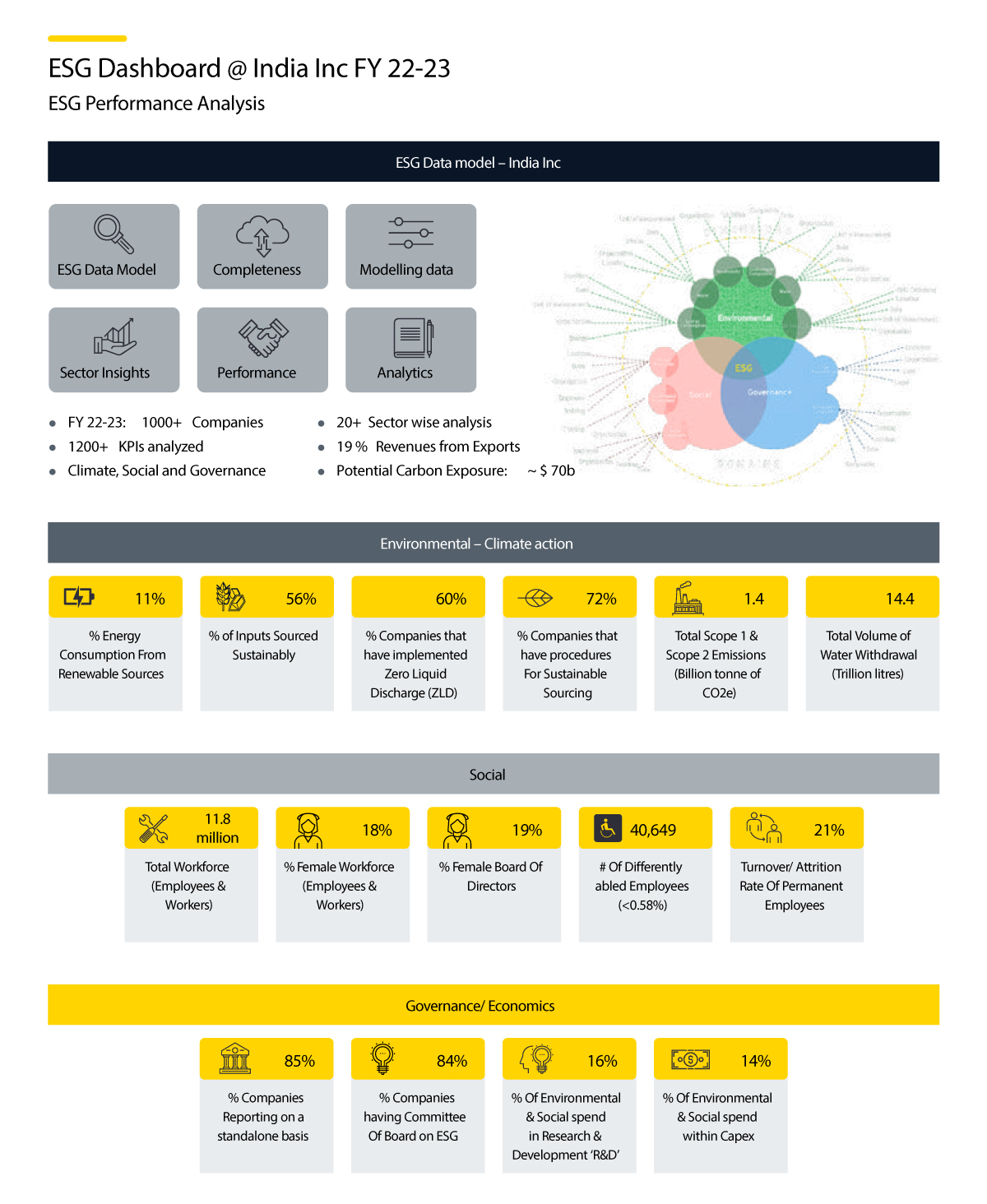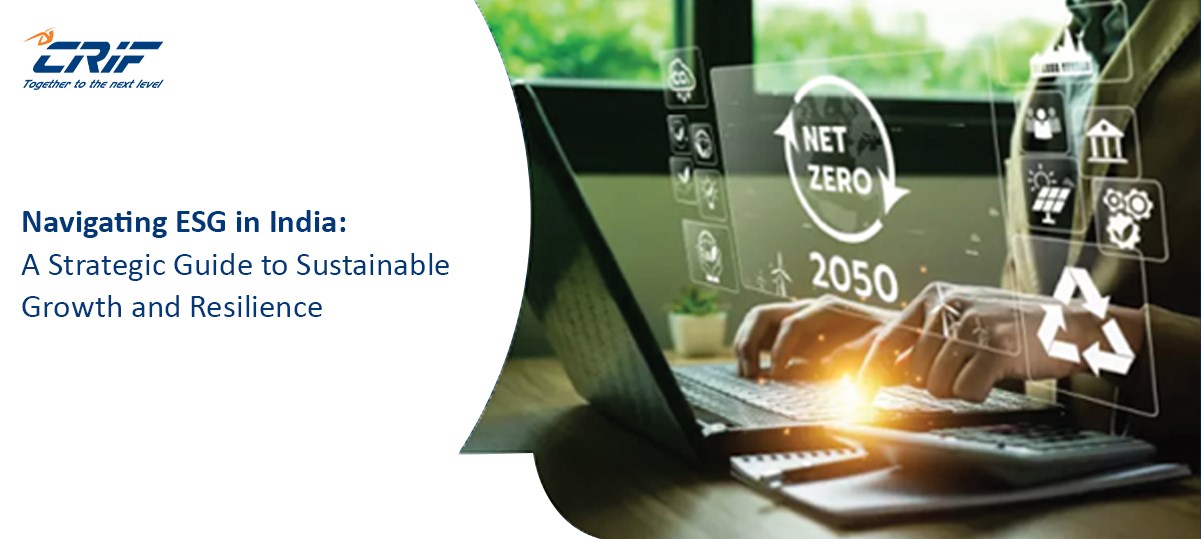Wilfred Sigler
Managing Director, VAS- India & South Asia Markets, CRIF Solutions
India's commitment to sustainability is underscored by ambitious targets in renewable energy adoption, climate resilience, and environmental stewardship. According to recent reports, the country aims to achieve 50% cumulative electric power capacity from non-fossil fuel-based energy resources by 2030, highlighting a pivotal shift towards clean energy solutions. Achieving sustainability in India involves a multi-faceted approach, addressing areas such as renewable energy, climate change adaptation, and energy efficiency.
- Energy Transformation: From fossil to renewable to enable net- zero emissions by 2050.
- Climate Action: The country is working towards reducing carbon emissions intensity by 33-35% from 2005 levels by 2030.
- Energy Efficiency: Various programs are in place to enhance energy efficiency across industries and residential sectors.
However, navigating this transition demands more than just compliance—it requires strategic integration of sustainable practices across all business functions. As businesses adapt to this new reality, ESG in India becomes a crucial framework for driving long-term success.
ESG in India
With India as one of the key players in the global market, businesses are also evolving with the evolving ESG landscape, demonstrating their commitment to sustainable business practices. Effective ESG management is becoming essential for companies to thrive in this environment, ensuring they align with global standards and meet local regulatory requirements.

The Indian Sustainability Landscape: Challenges and Opportunities
- Regulatory Landscape: India is witnessing a rapid evolution in its sustainability regulations. The push for clean energy, waste management, and resource efficiency requires companies to stay informed and adapt their practices accordingly.
- Data Availability and Transparency: Measuring and reporting ESG performance can be hindered by the lack of readily available and standardized data.
- Supply Chain Integration: Integrating sustainability principles throughout complex supply chains presents a challenge, particularly for companies with numerous smaller suppliers.
Meeting the Challenge with Synesgy
Synesgy, an ESG assessment platform, empowers Indian companies to overcome these obstacles and embrace a sustainable future.
- Measure Current Performance: Assess your company's current standing across environmental, social, and governance parameters. Gain valuable insights into your strengths and weaknesses.
- Identify Improvement Areas: The platform pinpoints specific areas where your company can improve its ESG performance, allowing for targeted action planning.
- Showcase Commitment: Earn and showcase the globally recognized SYNESGY Certificate to stakeholders on your Digital Assets.
- Transparency: Get a report mapped with the most renowned global frameworks like GRI and enable trust among your stakeholders.
- Sustainable Supply Chain Management: Synesgy equips you with tools and strategies to integrate ESG considerations for better sustainable practices throughout your network.

